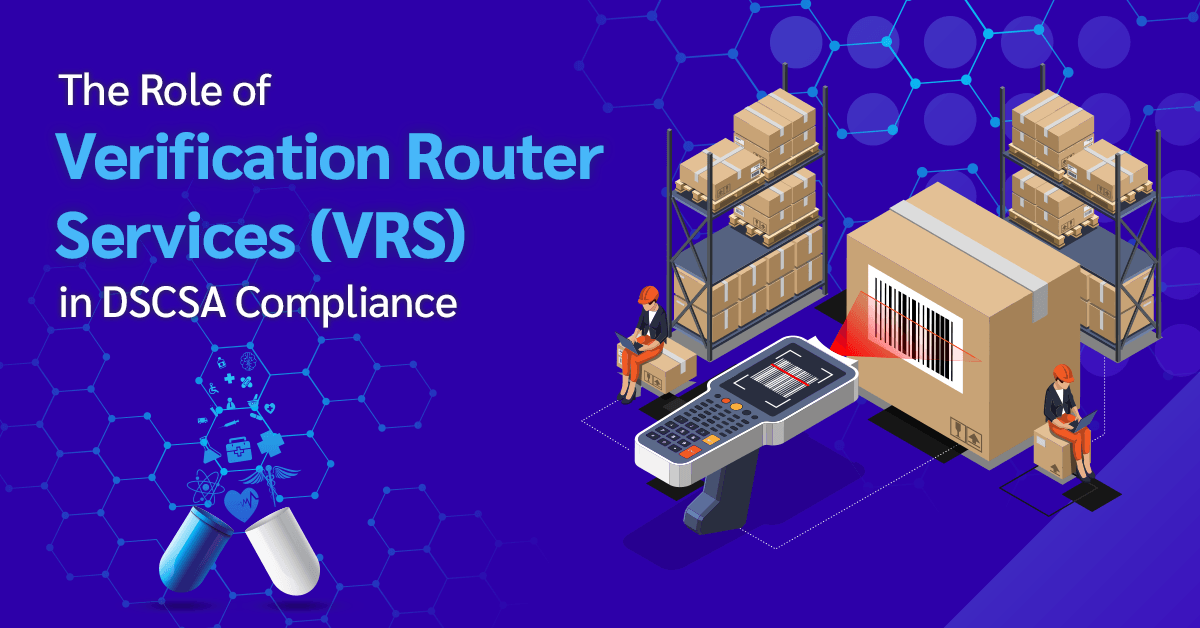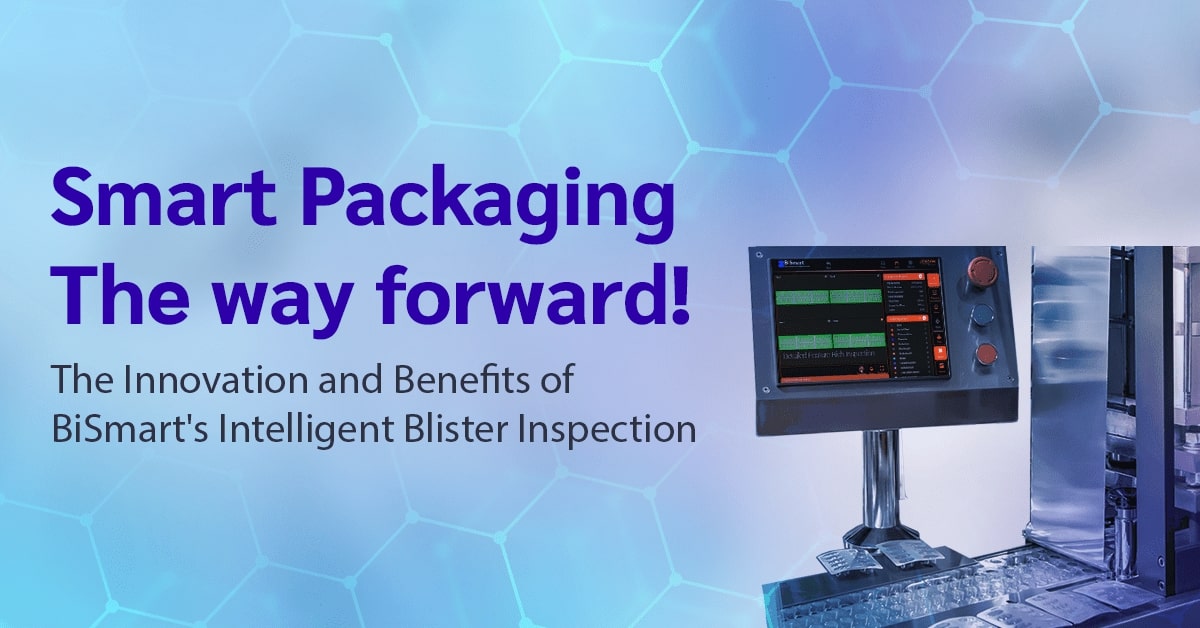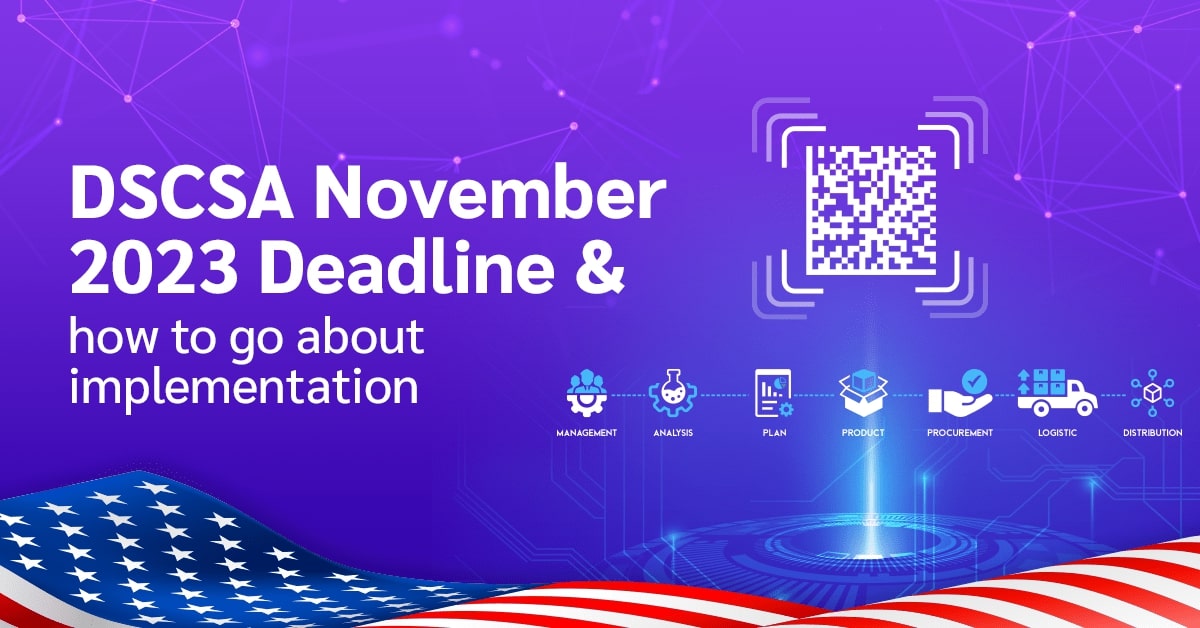The Drug Supply Chain Security Act (DSCSA) mandates enhanced traceability and security measures for prescription medicines in the United States.
A critical component of this act is the Verification Router Service (VRS), which plays a pivotal role in ensuring compliance.
The Genesis of DSCSA and VRS
The DSCSA was enacted in 2013 with a phased approach to implementation. The final phase, which requires a secure, electronic, and interoperable system to verify prescription medicines, came into effect on November 27, 2023.
This system is crucial for tracking medicines at the packaging level and is aimed at safeguarding the supply chain from counterfeit and unauthorized products.
Why VRS?
The VRS is a response to the need for an efficient and standardized method of verifying the authenticity of returned saleable drugs.
It is estimated that approximately 60 million packages are returned as saleable returns each year in the U.S., which is about 2-3% of total sales.
Without a robust verification system, these returns could lead to significant financial losses, unsaleable drugs, and even penalties from the FDA.
Benefits of VRS
The benefits of implementing VRS are manifold:
- Enhanced Security: VRS ensures that only authenticated, safe, and compliant drugs re-enter the supply chain.
- Operational Efficiency: It streamlines the process of verifying returned drugs, saving time and reducing errors.
- Regulatory Compliance: VRS helps meet the stringent requirements of the DSCSA, avoiding potential fines and legal issues.
- Consumer Safety: By preventing counterfeit drugs from entering the market, VRS protects consumer health.

Fully Tested With The Industry’s VRS Provider
HDA VRS Working Group
Interoperability is achieved between service providers through small- and large-scale efforts coordinated by the Healthcare Distribution Alliance (HDA) VRS Working Group.
The first ATP Verifiable Credential integration efforts began on the GS1 Lightweight Messaging Standard (LVMS) Release (R)1.2 in summer 2022.
Currently, a wide range of solution providers have since upgraded to the GS1 LVMS R1.3 implementation and have successfully tested their ATP Verifiable Credential integrations; LVMS R1.2 has been deprecated.

- Fully tested with the latest HDA specifications
- Connected with all VRS Providers
- Fully Integrated with Digital Wallet Providers
OCI works closely with HDA to keep this table up to date. There may be VRS providers who collaborate through HDA-facilitated events and/or are aligned with OCI specifications but are not listed here.
Jekson Vision’s Contribution
Jekson Vision, a world leader in traceability, offers comprehensive solutions to meet DSCSA requirements.
Their services include:
- Interoperable Systems: Jekson Vision provides systems that can trace prescription drugs electronically at the package level, ensuring full compliance with DSCSA mandates.
- Transaction Information Management: They offer solutions for the electronic submission of transaction information and statements, which is a critical aspect of the DSCSA.
- Prompt Response Systems: Jekson Vision’s systems are designed to respond promptly to requests for transaction information, aligning with the DSCSA’s requirements for quick investigations.
The implementation of VRS in the pharmaceutical industry marks a significant step towards a more secure and transparent drug supply chain.
With our support, the industry can confidently meet the challenges posed by the DSCSA and protect consumers from the dangers of counterfeit drugs.
As we move forward, the role of VRS will only become more crucial in maintaining the integrity of the pharmaceutical supply chain.
To know more about this, write to us at marketing@jeksonvision.com or WhatsApp us at +91 9328233954







